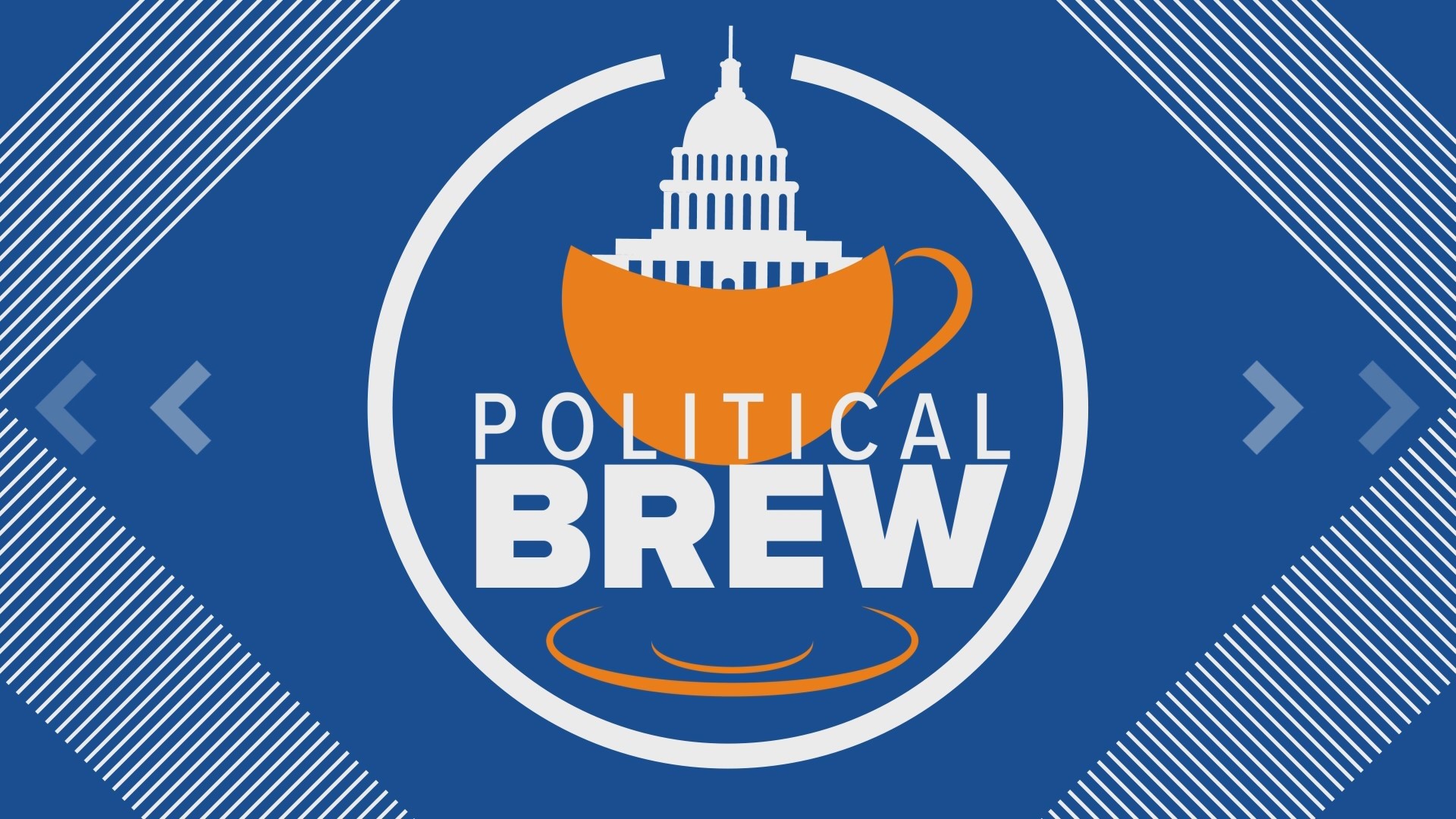MAINE, USA — The biggest headline from election day 2020 in Maine was the strong finish by Sen. Susan Collins. Though she never led the race in any public polls, and though her own internal polls also showed a tight race against Democrat Sara Gideon, Collins won re-election to a fifth term with more than 50% of the vote, meaning ranked-choice tabulation was not necessary.
Phil Harriman had predicted Collins would prevail.
"She is definitely connected to Maine, she is responsive to her constituents," says Harriman. "People recognize that she is an independent thinker as Maine is."
Betsy Sweet says even though national Democrats spent tens of millions of dollars here, the race run by Gideon was a failure.
"I think the strategy of playing it safe, not talking about issues, trying to out- moderate the moderates, was really not one that resonated with Maine people."
Democratic Congressman Jared Golden won a second term representing Maine's second district.
Sweet thinks he has done a great job in Washington.
"He's been independent, he hasn't always gone the way of Democratic leadership. But I think more importantly," Sweet says, "he ran a positive campaign. We did not see the vitriol in this campaign as we saw in the Senate campaign or the presidential campaign."
Republican challenger Dale Crafts had the backing of former Gov. Paul LePage and President Trump, both popular figures in CD-2. Trump won the district by a 7 point margin and claimed one electoral vote.
Harriman thinks Crafts ran a strong race, even though he "didn't have the campaign finances and the infrastructure to get his message out."
More than 500,000 Mainers cast early ballots this year, either absentee by mail, or with in-person voting.
Our analysts think that's a trend that will continue.
But Harriman adds that election day voting will always be the choice of a lot of Mainers because they want to know all there is to know about a candidate, "rather than voting early and finding out later there's an issue or circumstance about a candidate they voted for."
Sweet says early voting can allow for more thoughtful decisions.
"When you have a ballot sitting in front of you, you can actually think about it and think about the questions on the ballot or the candidates, you can think about it in the privacy of your own home."
Ranked-choice tabulation was not needed in any race this time. But Sweet says it is still valuable because it changes who can get into a race.
And she says other states, such as Georgia, would be better off if they used the system because two U.S. Senate races there are headed to runoffs.
"If they had ranked-choice voting," Sweet says, "those races would be decided. Now they have to do more campaigning, spend more money, people have to go back out and vote, the number of voters will drop off."
But Harriman says many Mainers find the system confusing and feels it has failed in a big part of what backers promised.
He says "It was supposed to get all the big money at all the vitriol out of the campaigns, that didn't happen."
Political Brew airs Sundays on The Morning Report.

